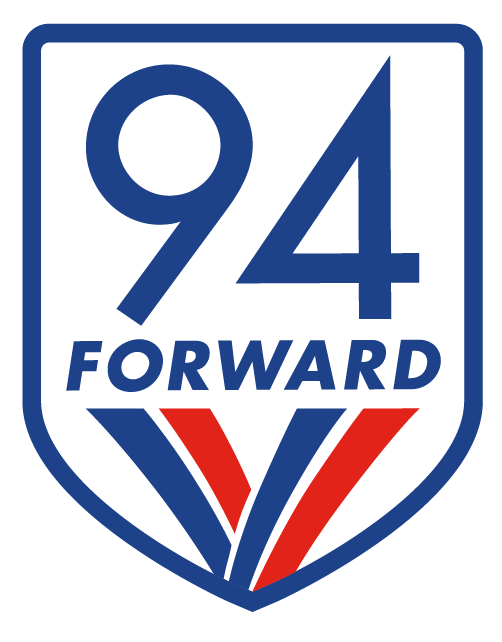Even in the world's biggest races, Stephanie Dixon always took a moment for herself.
"I had this promise to myself that every time I touched the wall, before I looked at the clock to figure out what place I came or what time I did, I would check in to see if I did everything I could in this race. Did I leave it all in the water? If the answer was yes then I was proud of myself no matter what."
It's that self standard that made her one of the greatest athletes in Canada's history.
Stephanie Dixon was born missing her right leg and hip. She was in the pool by age two, and it wasn't long before she would be competing against swimmers without disabilities. "When I got involved with swimming I didn't know about the Paralympics, and I didn't have dreams about the Olympics," Dixon said from Toronto. "I just got involved because I loved swimming."
Her shift to para sport required coaxing from her coach and parents. " I struggled to want to do it (para sport), there was even more stigma then than there is now. I wanted to show how able or capable I was to try and avoid feeling that pity or sympathy from other people, so ableism was alive and well in my mind growing up."
She joined Canada's national Paralympic team at 14, and at 16 the world was introduced to Stephanie Dixon when she competed in the 2000 Paralympic Games in Sydney, Australia.
"There were 17 thousand fans in the stands for the finals. We were in magazines and people were asking for autographs. It was pretty exciting to be in the world's capital for swimming and seeing the sport celebrated at such a young age." She collected five gold medals, smashing three world records in the process, but through the joy and celebration there was never the feeling of ultimate accomplishment. "There was never a point where I was like, "I'm here, I've made it", because it was this really non-linear journey."
That non-linear journey continued at the University of Victoria, competing with and against the top non-disabled varsity swimmers in Canada. "My body was quite a bit different from the other swimmers' bodies, so I feel there was a lot more pressure on them to conform to the times they were expected to be doing. I think it really allowed me to show up and do my thing."
Her standard continued to be her own.
"No matter which meet I was at, I was trying to do my best. If I won at the Worlds or Paralympic Games, and if I felt I could have done better in the race, then that's the feeling I was left with. If I was coming in 16th at U Sport but did my best time and thought it was the swim of a lifetime then I was incredibly proud of myself."
In total, Stephanie Dixon swam for Canada in 3 Paralympic Games, winning 19 medals including 7 gold. She's also a 10-time world champion. She retired from competitive swimming in 2010.
Victoria, as a training ground, came along at the perfect time. "It's familiar and intimate. I felt very valued in my time in Victoria."
Value of self is something she wants to see the sport system instill with young athletes. "You want to have your own back. (As a high-performance athlete) you should be supported to not have your results dictate your worth."
At the time of this article Stephanie Dixon had just successfully defended her thesis for her Masters of Science in kinesiology with a focus on safe sport at the University of Toronto. She lives in the UK.
She was named to Canada's Sports Hall of Fame in 2016, and in 2018 she was appointed to the Order of Canada.
